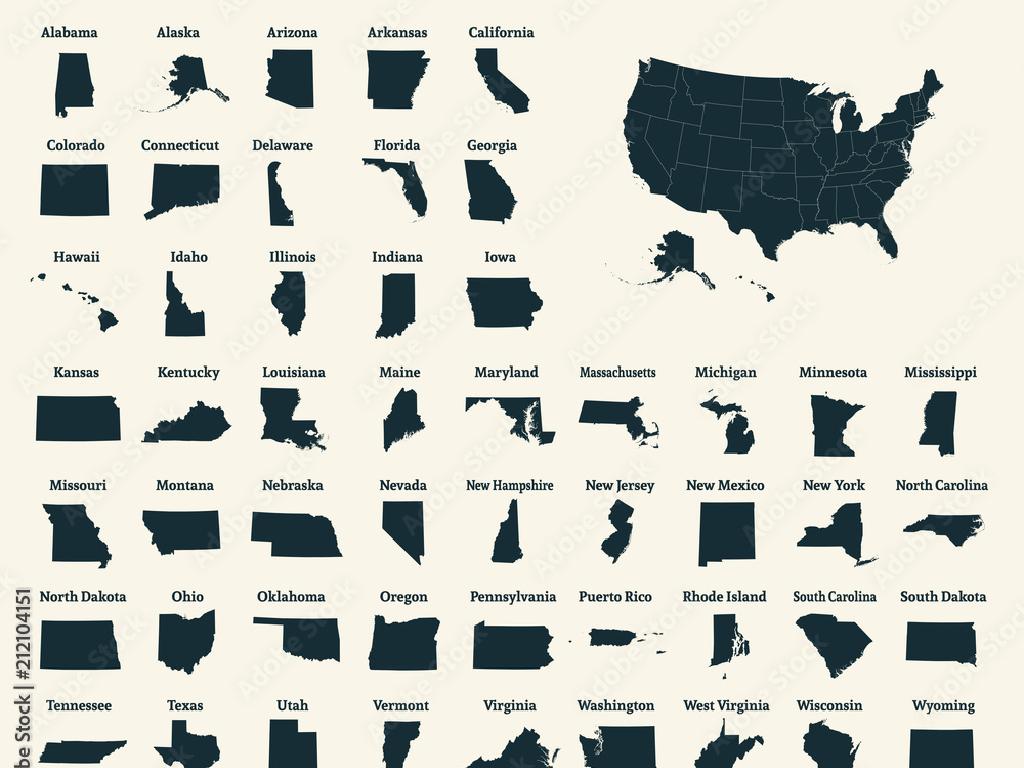Alexander The Great
Subject: Social studies
Grade: Seventh grade
Topic: Greece
Please LOG IN to download the presentation. Access is available to registered users only.
View More Content
Introduction to Alexander the Great
– Who was Alexander the Great?
– Macedonian king and military leader
– His significance in history
– Conquered vast regions, spreading Greek culture
– Overview of his vast empire
– At its height, stretched from Greece to Egypt and into Asia
– Impact of Alexander’s conquests
– Cultural diffusion and the Hellenistic period
|
Alexander the Great, king of Macedonia, was one of the most successful military commanders in history, never having lost a battle. His significance lies in his ability to conquer vast territories, which led to the spread of Greek culture and influence throughout these regions. This presentation slide provides an overview of Alexander’s empire, which at its peak, was one of the largest in the ancient world, spanning three continents. His campaigns led to the Hellenistic period, marked by significant cultural diffusion and the blending of Greek and Eastern cultures. Encourage students to consider the lasting impacts of Alexander’s rule on modern culture and language, and how his leadership style is studied even today.
Early Life of Alexander the Great
– Born in Pella, Macedonia
– Son of King Philip II
– Aristotle as his tutor
– Studied philosophy, science, medicine, and politics
– Influences on his upbringing
– Military training and exposure to politics shaped his leadership
|
Alexander the Great was born in the ancient city of Pella, Macedonia, and was the son of King Philip II. From an early age, Alexander was exposed to the life of leadership and power. His education under Aristotle provided him with a foundation in various fields, including philosophy, science, medicine, and politics. This diverse education, combined with his experience in military campaigns and the political environment he grew up in, played a significant role in shaping Alexander into a well-rounded and formidable leader. Discuss how these early experiences could have prepared Alexander for his future conquests and leadership.
Alexander’s Conquests: Unifying and Expanding an Empire
– Began reign by uniting Greece
– After his father’s assassination, Alexander secured the Greek city-states’ loyalty.
– Defeated Persia at Battle of Issus
– In 333 BC, Alexander’s forces triumphed over Persian King Darius III.
– Founded Alexandria in Egypt
– Alexandria became a center for Greek culture and trade.
– Expanded empire beyond Persia
– His empire stretched from Greece to Egypt and into India, spreading Hellenistic culture.
|
This slide outlines the major conquests of Alexander the Great, starting with his ascension to the throne and the unification of the Greek city-states under his rule. Highlight the significance of the Battle of Issus, where Alexander’s tactical genius led to a decisive victory over the Persian Empire. Discuss the strategic and cultural importance of founding Alexandria in Egypt, which became a hub of knowledge and trade in the ancient world. Conclude with the vast expansion of his empire, which at its peak, was one of the largest in ancient history, creating a legacy that would influence countless civilizations to come. Encourage students to consider the impacts of Alexander’s conquests on the spread of Greek culture and language.
Cultural Impact of Alexander’s Conquests
– Spread of Greek culture
– Greek language and customs were adopted widely.
– Influence on art and architecture
– Greek-style buildings and sculptures became prevalent.
– Shaping philosophy
– Philosophers like Aristotle were spread and studied.
– Emergence of Hellenistic Period
– A blend of Greek and local cultures, post-Alexander’s empire.
|
Alexander the Great’s conquests had a profound impact on the cultural landscape of the ancient world. His campaigns led to the widespread dissemination of Greek culture, known as Hellenization, which influenced language, education, and governance in the conquered regions. Art and architecture saw the incorporation of Greek styles far beyond the Aegean, with the construction of cities like Alexandria serving as prime examples. Philosophy, too, was affected, with the teachings of Greek philosophers reaching new audiences. The Hellenistic Period, marked by this cultural blend, saw the fusion of Greek and local customs, leading to a rich and diverse cultural milieu. Encourage students to consider how the spread of a culture can influence various aspects of society and to look for modern parallels.
Alexander’s Enduring Legacy
– Empire’s transformation post-Alexander
– After his death, the empire faced significant changes and challenges.
– Division among Alexander’s generals
– His vast empire was split into regions, each ruled by one of his generals.
– Long-term global impact
– Alexander’s conquests influenced many cultures, spreading Hellenistic ideals.
|
This slide aims to discuss the aftermath of Alexander the Great’s death and the lasting impact of his conquests. Students should understand that Alexander’s empire did not last long after his death due to internal conflicts and power struggles. The division of his empire among his generals led to the formation of Hellenistic kingdoms, which played a crucial role in the cultural and political landscape of the ancient world. Emphasize the spread of Greek culture, language, and ideas throughout the conquered regions, which is a phenomenon known as Hellenization. This had a profound effect on the subsequent development of Western civilization, including art, architecture, and philosophy. Encourage students to think about how the world might be different if Alexander’s empire had remained united.
Class Activity: Mapping Alexander’s Empire
– Divide into groups for the activity
– Each group gets a map and pencils
– Draw and label Alexander’s empire
– Mark the empire’s peak boundaries
– Discuss his army’s experiences
– Consider terrain, distance, and battles
|
This interactive group activity is designed to help students visualize the vastness of Alexander the Great’s empire at its peak. By working in groups, students will engage in collaborative learning, enhancing their understanding of geography and historical context. Provide each group with a blank map and colored pencils. They will draw and label the empire’s boundaries, which will serve as a visual aid for discussing the logistical challenges and experiences faced by Alexander’s army. Encourage students to consider factors such as terrain, distance traveled, and battles fought. This activity will not only solidify their knowledge of Alexander’s conquests but also develop their map-reading and critical thinking skills. Possible variations of the activity could include researching different regions of the empire or comparing maps from different periods of Alexander’s reign.






